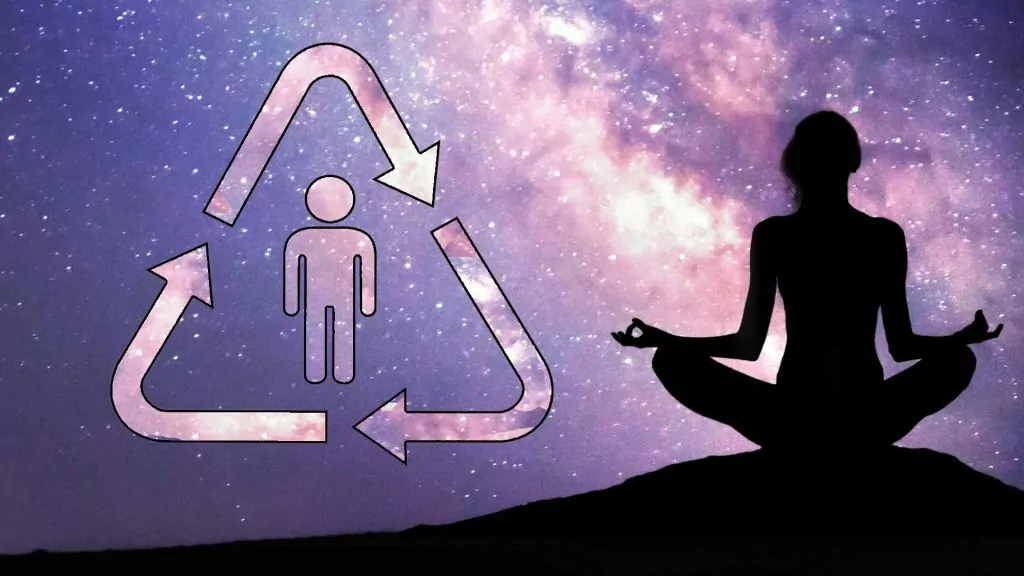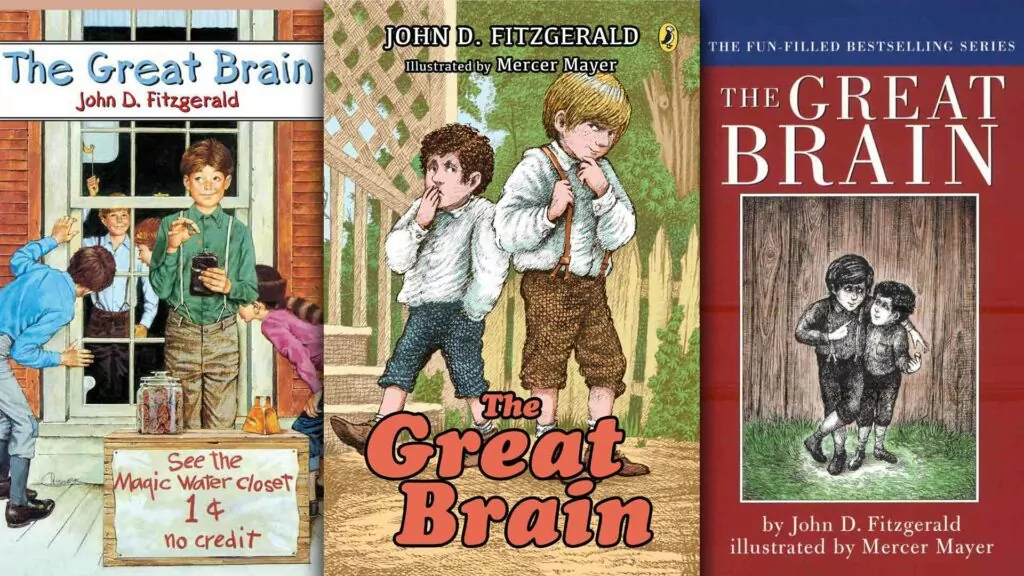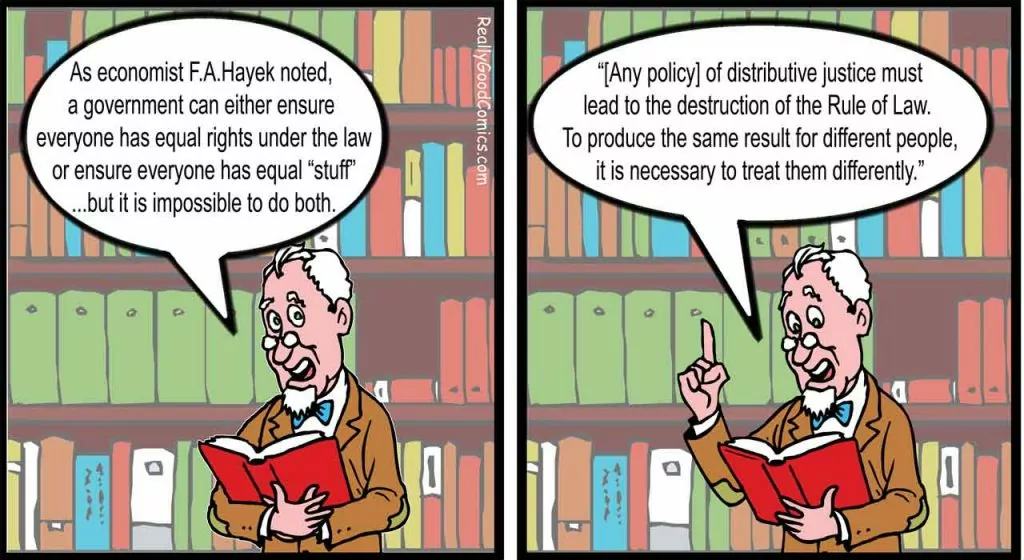My Grandmother found me in the pantry of her house and demanded, “What are you doing?” My quick response was nothing. “Oh, you must have been doing something,” she said. “No, I wasn’t. I was doing nothing,” I declared. And so goes the process of getting caught with my hand in the cookie jar.
“Nothing” is so easy to say and usually doesn’t mean “Nothing.”
I’ve met with multiple Christian leaders heading into retirement. When I ask them what they are going to do next, I get a quizzical look and often the erudite answer, “nothing.” Now sometime it comes out as I don’t know, or I don’t know yet, or I haven’t figured it out, or I’m going to take some time off. Seldom is the answer definitive or part of a new life’s direction. It’s mostly a response suggesting what is being left behind, and not what is ahead.
The allure of nothing?
Kind of strange, isn’t it, that a large majority claim nothing as their goal in retirement. Instead of a move from success, or even meaningful existence to significance, it’s a move from something to nothing. A quick look in Webster’s suggests the following about nothing: not any being or any particular thing, a state of non-existence, worthlessness, or unconsciousness.
This eruption of nothing has exploded to the point where January 16 is identified as our National Day of Nothing. If more people were aware of it, less would get done. A lot of nothing for sure. The more or less official description of the goal of the day is to provide Americans with one national day when they can just sit without celebrating, observing or honoring anything. Raise the flag for nothing? No, that would be doing something.
I thought I’d see what else I could learn about nothing. In the Biblical book of Ecclesiastes, Solomon takes about all of man’s desires as meaningless, or nothing compared to the majesty of God. The word is used to describe the lack of value as in Proverbs 13:7 where Solomon again opines, one person pretends to her rich, yet has nothing; another pretends to be poor, yet has great wealth. Nothing and “naught” are often used to portray the nothing of man compared to the wealth of God. Interestingly, in John 1 Jesus says that without a relationship with him, you can do nothing. Following the logic, if you are doing nothing, you will not have a relationship with him. Not only no relationship but no meaningful action either.
So why in our culture, our faith-based culture, have so many bought into the cultural priority of doing nothing in retirement? The allure of making every day a Saturday is certainly there when you have worked at a job for 30 years. But 30 years of Saturdays leaves much to be desired.
Made for more than golf
Part of the cultural allure, even deception, comes from the desire to escape from work and then tie leisure to value. Thirty years of playing golf won’t bring meaning or purpose to the Christian who realizes that we are called to be faithful for a lifetime. Another subtle meaningless thought is that church, bible study, etc. alone reflects God’s plan for your life. God does have one, you know. And it does not stop when you retire from your job, sell your company, or even leave the pulpit. There is more to be done, perhaps interspersed with a bit of nothing thrown in. But nothing as a goal, as a reflection of God’s plan for the rest of your life? Absolutely not.
Here is some encouragement to move beyond nothing. It’s from a 1981 United Technologies Corp. ad that appeared in the Wall Street Journal, likely written by their CEO Harry Gray, who was close to retirement at the time:
Retirement doesn’t have to be a red light. It can be a green light. Othmar Ammann would agree. After he “retired” at age 60, he designed, among other things, the Connecticut and New Jersey Turnpikes; the Pittsburgh Civic Arena; Dulles Airport; the Throgs Neck Bridge; and the Verrazano Narrows Bridge.
Paul Gauguin “retired” as a successful stockbroker and became a world-famous artist.
Heinrich Schliemann “retired” from business to look for Homer’s legendary city of Troy. He found it.
After Churchill made his mark as a world statesman, he picked up his pen and won the Nobel Prize for Literature at age seventy-nine.
Don’t just go fishing when you retire. Go hunting. Hunt for the chance to do what you’ve always wanted to do. Then go do it!
Shifting gears is different than stopping
I had a conversation with a man on the plane. He’d sold his companies 6 years prior. When asked what he’d been doing, he answered, nothing! How is that working out for you? I asked. Not so good. As a matter of fact, I think I’m about at the end of nothing. God did not prepare him for nothing. That’s true for you and me too.
Too often we make nothing into all-or-nothing. Either I’m working, or I’m doing nothing. We don’t leave any room for shades of gray. I’m convinced we need to change how we think about the nothing we call retirement. Need to find meaning and purpose. The meaning and purpose God intends for us during these last three stages of life.
A comedian used this phrase to define the word “nothing”; “Nothing” is an air-filled balloon with the skin peeled off. A graphic description don’t you agree. Nothing is not anything until we think or reflect on it, then it becomes something. Starting to think about our next life stage of nothing, is important, valuable, encouraging, and yes, exciting. Every little kid has asked, “what are we going to do next?” Their voice is full of anticipation; ours should be to whether we are in our 50s, 70s, or 90s.
Here is some accumulated wisdom from those who should know:
- Edmund Burke said, “The only thing necessary for the triumph of evil is for good men to do nothing.”
- Robert Schuller, “I’d rather attempt to do something great and fail than to attempt to do nothing and succeed.”
- Helen Keller, “Life is either a great adventure or nothing.”
- “There is a definite cost to doing nothing.” Edward Livingston
And here is the thought that challenges me the most: The hardest work of all is to do nothing. I’d rather be excited about the day, week, and months ahead. How about you?
So how important is nothing? Victor Hugo said, “Doing nothing is happiness for children and misery for old men.”
Stay with us as we journey together. Don’t disturb me either, as I am very busy doing nothing.
Bruce Bruinsma champions the emerging Retirement Reformation Movement along with other key members of the Retirement Reformation Roundtable. The Retirement Reformation Manifesto is an initial step to encourage Christians to radically change the way they think about retirement. For the last 30 years he has given leadership to a financial services firm providing retirement plans to ministers, missionaries, churches, and faith-based organizations. He lives in Colorado Springs with his wife of 56 years, Judy. This is reprinted, with permission, from his blog at www.BruceBruinsma.com.














